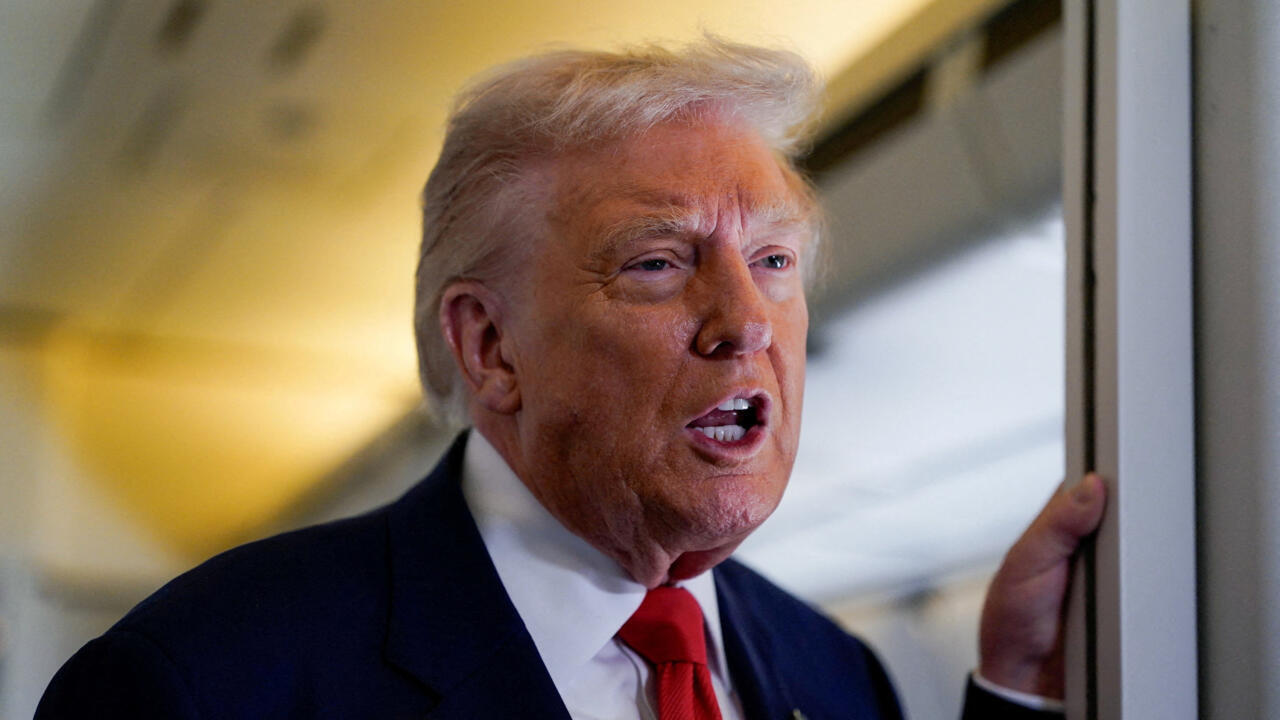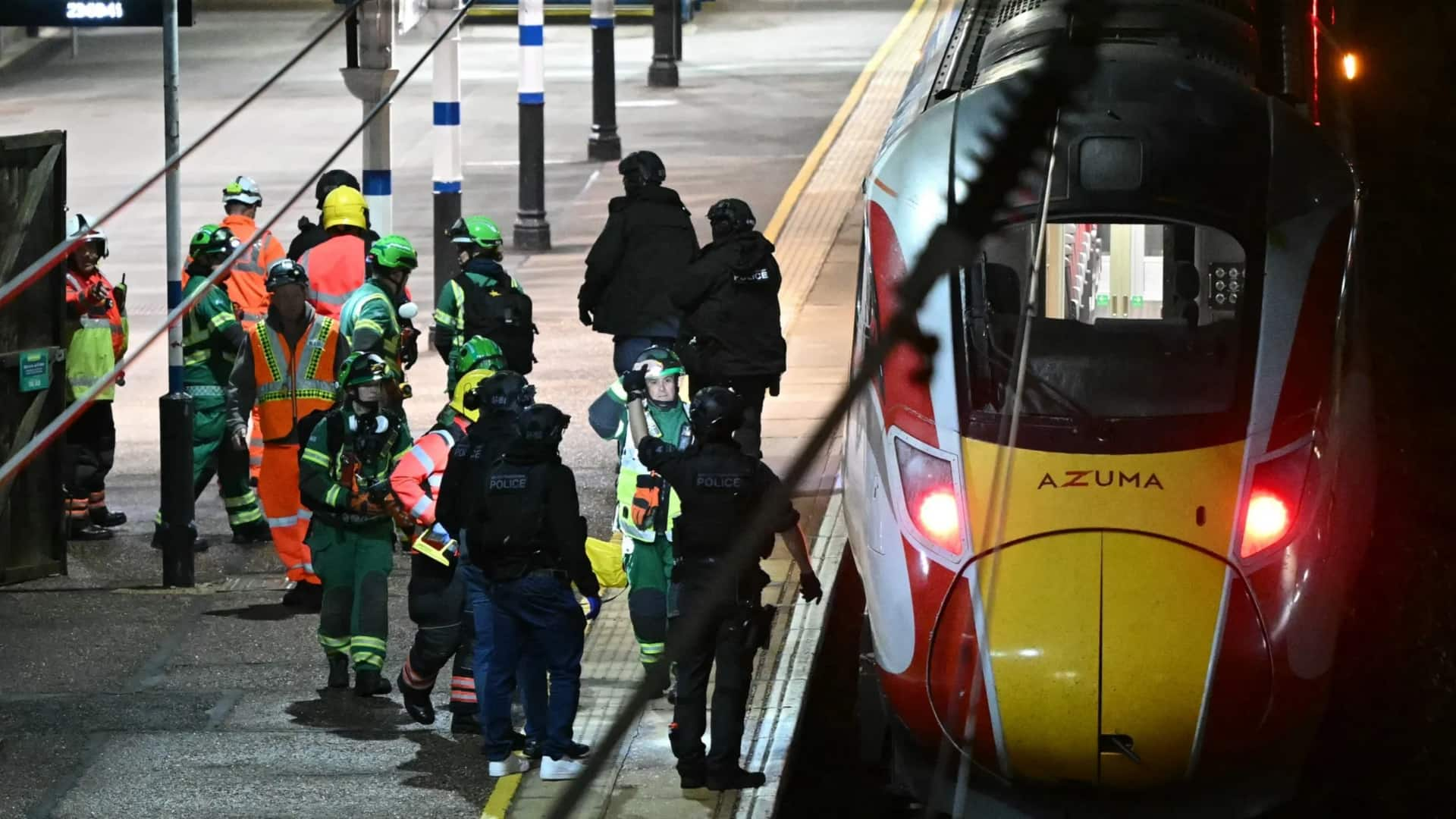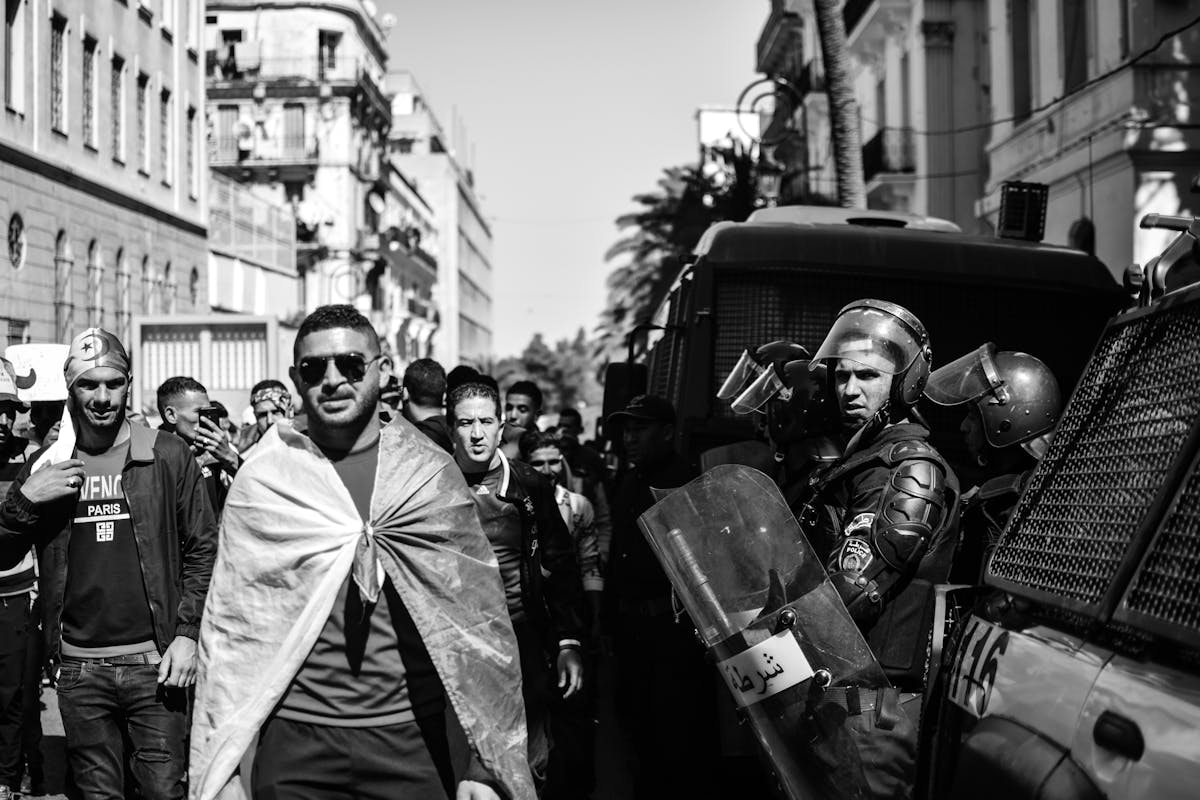The conflict in Ukraine, which escalated into a full-blown war in February 2022, has profoundly reshaped the worldwide equilibrium in both immediate and long-term aspects. This confrontation has brought about significant impacts on geopolitical partnerships, the global economy, security structures, humanitarian situations, energy sectors, and the developing framework of international legal principles. A thorough review of these repercussions reveals how a localized war can generate widespread effects across the entire globe.
Geopolitical Realignment and Power Shifts
One of the most consequential impacts has been the acceleration of existing geopolitical tensions and the emergence of new alliances. The war has catalyzed a redefinition of blocs reminiscent of Cold War dynamics, with NATO and Western allies on one side and Russia, with varying degrees of explicit or implicit support from countries like China and Iran, on the other.
Sweden and Finland, nations with a history of non-alignment, pursued NATO membership, indicating a heightened perception of vulnerability across Europe. As reported by NATO, Finland formally became part of the alliance in April 2023, thereby expanding the NATO–Russia frontier by more than 1,300 kilometers. Concurrently, Russia’s global reputation has suffered, experiencing exclusion from Western organizations, G7 gatherings, and significant scientific and cultural platforms.
Simultaneously, the dispute highlighted the strategic alliance between Russia and China. China’s position, though seemingly impartial, has been marked by abstentions in United Nations ballots and expanded financial collaboration with Russia, sparking worries among Western political leaders regarding the resurgence of spheres of influence.
Changes in Worldwide Economic Steadiness and Commercial Trends
The conflict’s interruption of vital supply chains has highlighted the weaknesses intrinsic to interconnected global economies. A significant portion of worldwide wheat, corn, and sunflower oil exports originates from Eastern Europe and Russia. The World Food Programme reports that over 400 million individuals globally depend on food provisions from Ukraine and Russia. Obstructions in the Black Sea, damage to Ukrainian farming infrastructure, and Western punitive measures against Russia have triggered sharp increases in international food costs—pushing populations in Africa, the Middle East, and South Asia into greater food insecurity.
The energy sector has been equally impacted. In response to sanctions, Russia reduced or stopped gas deliveries to much of Europe. The sudden scarcity forced European nations to seek alternative suppliers, heavily investing in liquefied natural gas (LNG) facilities and renewable energy, and in some cases, temporarily reopening coal-fired plants. Germany, once reliant on Russia for over half of its gas imports, expedited plans for energy diversification and green transition, investing an estimated 200 billion euros. These adjustments have not only transformed the European energy market but have also altered the energy flows globally, raising LNG prices in Asia and Latin America.
Sanctions have also pressured global financial markets. The freezing of Russian assets, exclusion from international banking networks like SWIFT, and limitations on trade have contributed to market volatility and the re-routing of capital flows, as well as discussions about the future of global reserve currencies. Russia’s increased use of Chinese yuan for trade illustrates a slow but steady de-dollarization trend in certain bilateral exchanges.
Implications for Global Security and Defense Policy
Security doctrines worldwide have undergone revision as a result of the Ukraine war. NATO’s increased unity has resulted in the largest troop deployment in Eastern Europe since the alliance’s founding, while defense budgets have surged. Germany, for instance, announced a historic increase, allocating more than 2% of its GDP to defense for the first time in decades.
Countries outside of Europe have also taken note. In the Indo-Pacific region, strategic planners in Japan, South Korea, and Taiwan cite the Ukraine conflict as a cautionary lesson about the risks of autocratic aggression. Governments are experimenting with asymmetric defense systems, advanced missile technology, and hybrid warfare strategies to deter potential threats.
The somber significance of nuclear deterrence has resurfaced. Russia’s explicit nuclear threats compelled the United States and its partners to reassess potential dangers, sparking worldwide discussions regarding nuclear missile deployment, preparedness, and arms control agreements, including the struggling New START Treaty.
Humanitarian and Social Fallout
The extent of human displacement has been astonishing. The United Nations High Commissioner for Refugees (UNHCR) stated that over eight million Ukrainians were displaced, leading to Europe’s most significant refugee crisis since World War II. Nearby nations such as Poland and Moldova shouldered the initial impact, but the broader consequences necessitated a unified global humanitarian response.
The conflict has also strained the international aid system already stretched thin by other crises. It intensified scrutiny of how resources are allocated and exposed the interconnectedness of humanitarian and security crises, with reports indicating that secondary migration and human trafficking networks have gained traction.
The Vulnerability and Development of Global Legislation
Russia’s incursion into a sovereign nation, marked by extensive proof of war crimes and horrific acts, has undermined the foundation of the post-World War II legal framework. The dependability of global legal tools like the Geneva Conventions and the International Criminal Court has faced scrutiny. The West’s extensive sanctions, confiscation of assets, and endeavors to prosecute war crimes have brought forth intricate issues concerning the global applicability and execution of international law. Concurrently, certain nations have leveraged these events to contend that international standards are inconsistently enforced, intensifying disagreements within entities such as the UN Security Council.
Prospective Routes Amidst Persistent Ambiguity
The war in Ukraine, more than a localized struggle, serves as a watershed moment shaping the trajectory of the twenty-first-century world order. Its multidimensional impact demonstrates the intricate allocation of power, the volatility of energy and food systems, the resurgence of military alliances, and the pressures placed on international legal and humanitarian norms. As the conflict continues, its consequences for the global balance remain dynamic, demanding constant adaptation by states, organizations, and societies worldwide. The challenge that emerges is how the international community will navigate strategies for coexistence, deterrence, and resilience in a world profoundly transformed by the realities revealed and reshaped by the war in Ukraine.





